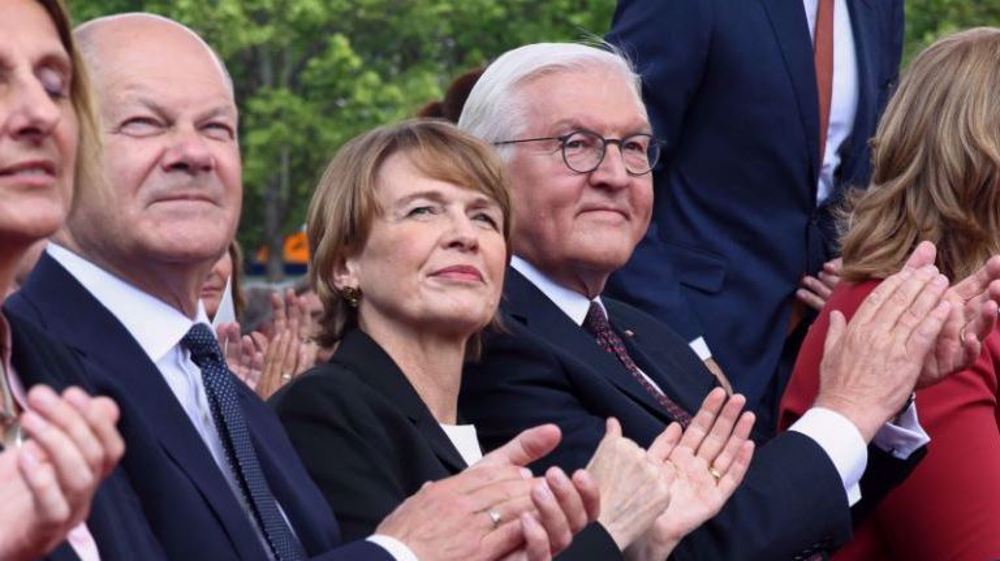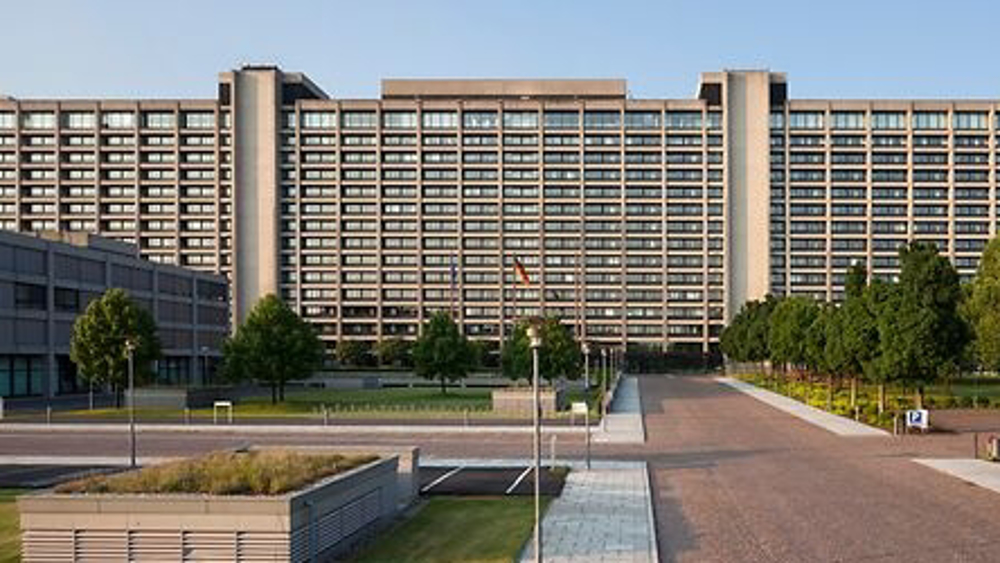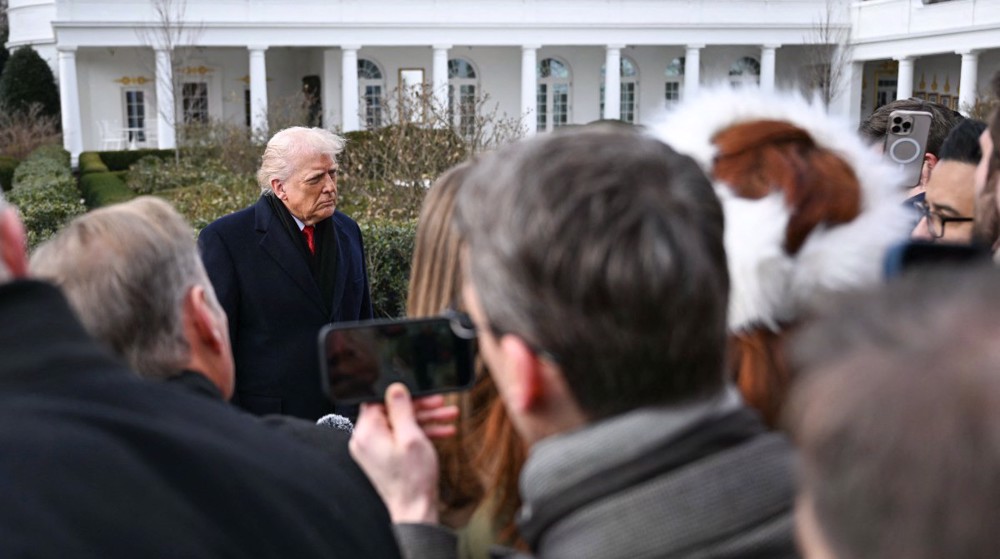German president warns of growing violence after attacks on politicians
German President Frank-Walter Steinmeier says he is worried by the growing trend of violence towards politicians after a series of attacks on lawmakers at work or on the campaign trail.
"We must never become accustomed to violence in the political battle of opinions," he said on Thursday, addressing a crowd in Berlin.
The constitution, promulgated in post-war Germany, was a response to the country's experience with political violence during World War II, Steinmeier said, adding, "The threat of political violence is growing again in Germany."
"No one knew better than the mothers and fathers of the constitution how violence undermines a democracy and tears down its foundations," Steinmeier said.
He urged the nation to maintain a "political culture that is compatible with democracy."
"We have received news of physical attacks on elected officials and politically active people almost every day. I am deeply concerned about the coarsening of political life in our country."
He cited the politically motivated murder of conservative politician Walter Luebcke by neo-Nazis in 2019 as an example of extreme political violence.
"His death is a reminder of how hate can turn into violence," Steinmeier said.
German police this month arrested a man on suspicion of hitting a former mayor of Berlin in the head during a visit to a public library.
Franziska Giffey, now the Berlin state economy minister and a member of the ruling Social Democratic Party (SPD), was treated in hospital for light injuries.
Giffey's assault came just days after a European parliament member, also from the SPD, was hospitalized after four people attacked him while he was out canvassing.
Senior members of the government have also been confronted by angry mobs in recent months, with Economy Minister Robert Habeck blocked from leaving a ferry by a group of protesters.
This week also saw proceedings open against the alleged ringleaders of a group called Reichsbuerger (Citizens of the Reich), who are said to have planned to storm the German parliament, overthrow the illegitimate government, and take power of the country.
Prosecutors say the Reichsbuerger group planned to take parliamentarians hostage in order to establish the new government led by affiliated groups consisting of both monarchists and leftists.
The "terrorist" group had also compiled lists of enemies -- active public figures deemed as traitors -- who were to be eliminated, according to prosecutors.
'Vassal state'
German aristocrat, Heinrich XIII Prinz Reuss, 72, who is a prominent member of the Reichsbuerger group, was allegedly planned to head the new state created by the Reichsbuerger .
In his public speeches, Reuss, who has been incarcerated since 2022, reveals that Germany has been a vassal state that has a mutual obligation to a superpower since the end of World War II.
Reuss’ trial, along with eight others, began on Tuesday in a specially-built courthouse just outside Frankfurt.
VIDEO | Iranian family mourns father killed in foreign-backed violence
VIDEO | Pakistan observes Kashmir Solidarity Day
VIDEO | Cultural exhibition in India marks 47 years of Iran’s Islamic Revolution
VIDEO | Pakistan pushes indigenous defense industry as global buyers seek alternatives
VIDEO | Al-Shifa receives martyrs' bodies amid organ theft worries
VIDEO | Healthcare on the brink: Palestinian hospitals face shortage of medical supplies
Rights group accuses EU of complicity in Israeli genocide in Gaza
Yemen’s leader calls for million-strong rally on Friday












 This makes it easy to access the Press TV website
This makes it easy to access the Press TV website